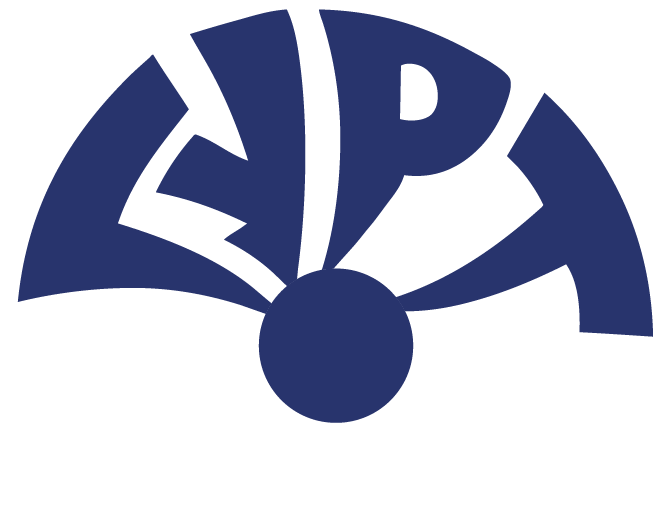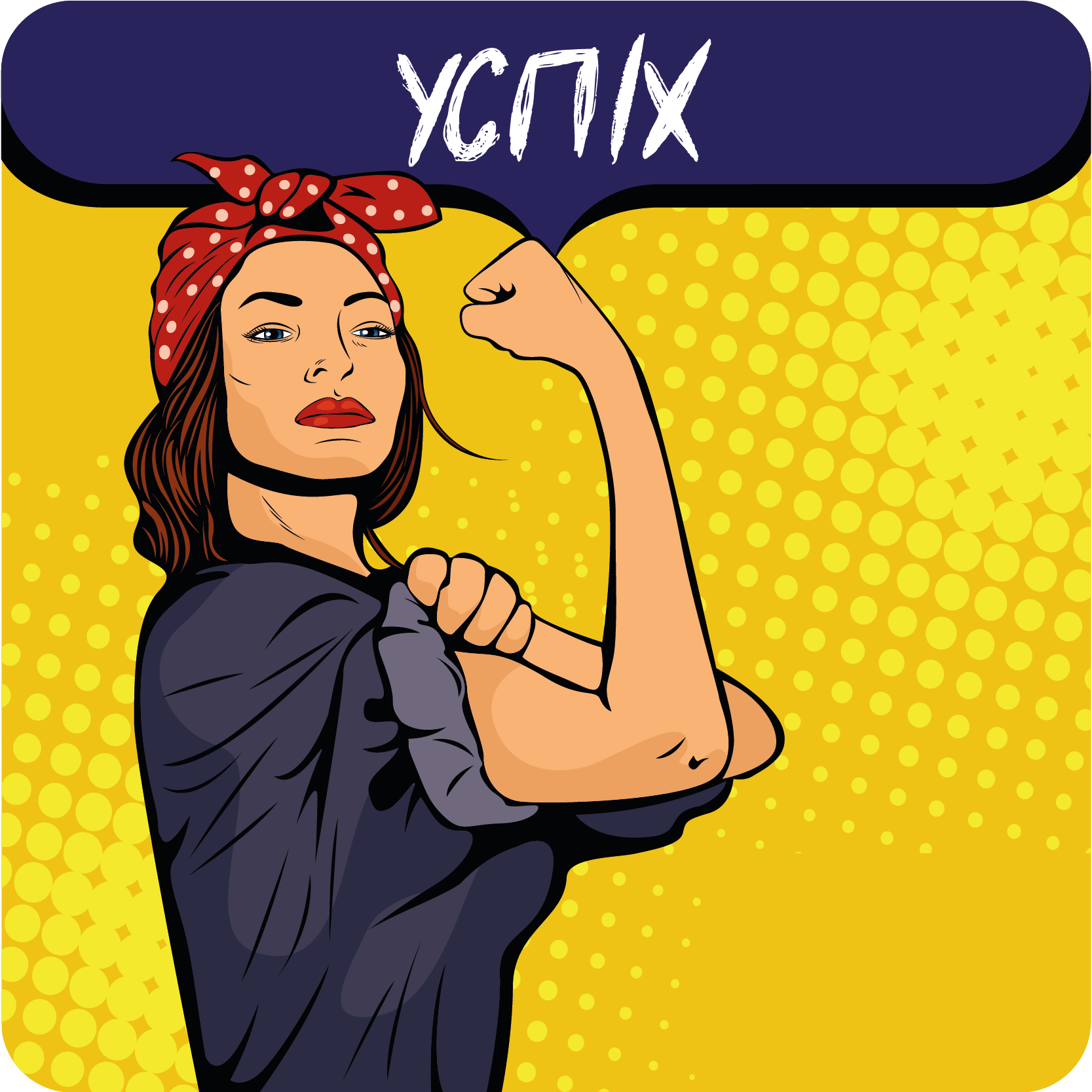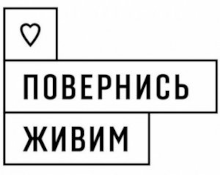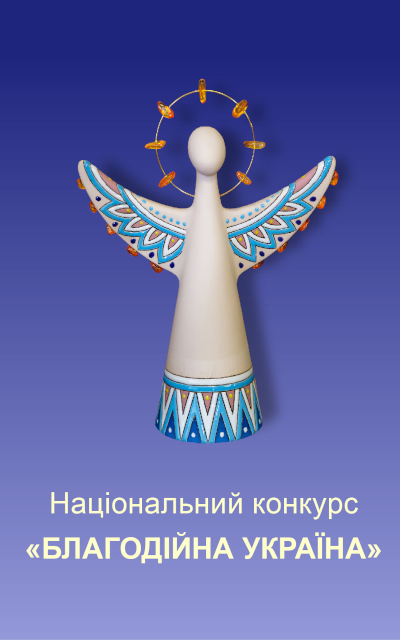


EUACI запрошує до співпраці експерта для проведення дослідження
13.08.2024

TERMS OF REFERENCE
Call for Tenders
For Commissioning a Study on the Participation of International Members in Selection Commissions for Selecting Heads of Ukrainian Anti-Corruption Institutions
EU Anti-Corruption Initiative (EUACI)
Abbreviations
| AC | Anti-corruption |
| EU | European Union |
| HACC | High Anti-Corruption Court |
| NABU | National Anti-Corruption Bureau of Ukraine |
| NACP | National Agency on Corruption Prevention |
| SAPO | Specialised Anti-Corruption Prosecution Office |
| PCIE | Public Council of International Experts |
| HQCJ | High Qualification Commission of Judges |
| ITA | International Technical Assistance |
1. Background and context
Ukraine has been undertaking significant reforms to combat corruption and enhance transparency within its public institutions. A key element of these reforms is the establishment of independent anti-corruption bodies, including the National Anti-Corruption Bureau of Ukraine (NABU), the Special Anti-Corruption Prosecutor’s Office (SAPO), National Agency on Corruption Prevention (NACP) and the High Anti-Corruption Court (HACC). To ensure the credibility and impartiality of these institutions, international experts have been mandated to be involved in the selection commissions for their heads and HACC judges. International experts are nominated to a selection commission by the appointing authority on the basis of proposals from international and foreign organizations that provided Ukraine with international technical assistance in the respective field during the last three years. The exact mandate of international experts in selection commissions varies from agency to agency, and has been changing as the Ukrainian legislature has been introducing new iterations of laws, regulating their activity. Nevertheless, recently it has been gaining more decisive power, as the decision of a selection commission is considered adopted if at least four members of the Commission, including two (SAPO and NABU) or three (NACP) members from the "international" part voted in its favour.
The outcome of the involvement of international experts has been generally perceived as a success, enhancing public trust in AC agencies and merit-based selection of their heads. This is also the reason why the use of international experts in selection commissions has expanded to institutions within the judiciary, law enforcement and might expand further to corruption-prone sectors, including customs.
Not only this engagement reduces the risk of domestic political interference, but international experts also bring diverse perspectives and best practices, fostering a merit-based selection that prioritizes qualifications and integrity. This involvement also enhances the credibility and legitimacy of the anti-corruption agencies, both domestically and internationally, by demonstrating a commitment to international standards of governance and accountability. Moreover, it helps build trust among the public and international stakeholders, which is essential for the effectiveness and sustainability of anti-corruption efforts.
Nevertheless, after having held several competitions for positions of the heads of Ukrainian Anti-Corruption institutions and HACC judges, and given the gradual scaling up of the practice of involvement of international experts in selection processes and external audits, ITAs in Ukraine face certain troubles attracting high-quality professionals to engage in these processes. Moreover, a few problems and challenges related to matters of internal operations of selection commissions, interaction between their members, and technical support to commissions (including operations of secretariats) have come into sight and ought to be addressed for the sake of optimization. At the same time, there has been no study to summarize the experience of selection commissions and to develop recommendations on the best ways to improve their efficiency and address issues faced by selection commissions and ITAs.
Besides that, acknowledging the positive impact that international experts are playing in the transitional stage and for some time will continue to play, it is gradually becoming more clear that as Ukraine progresses on its path to EU accession, the country should find more sustainable solutions in the recruitment of high-level public servants, relying predominantly on domestic expertise. Therefore, the eventual phasing out of international members from Ukraine's selection commissions for heads of anti-corruption agencies should be discussed and considered. International experts have played a crucial role in ensuring transparency and impartiality in these commissions, helping to bolster Ukraine's anti-corruption efforts. However, as Ukraine aligns its standards with those of the EU, it aims to solidify its own mechanisms for accountability and integrity. The transition shall underscore a commitment to internal capacity building and the establishment of a robust, independent framework capable of sustaining the anti-corruption momentum essential for EU membership.
The EU Anti-Corruption Initiative Phase 3 aims to contract expert(s) to commission a study with an analysis of the operations of the selection commissions for positions of the heads of Ukrainian Anti-Corruption institutions and HACC judges, that operate with the participation of international experts (hereinafter – mixed selection commissions), evaluating their influence, challenges (including on the technical level), outcomes and developing recommendations on potential improvements. The study shall also look into the ways to ensure sustainable engagement of international experts – recommendations on how to possibly switch from ad-hoc model of attracting experts to pooling practices.
Finally, the study shall reflect on potential modalities (and their pros and cons) of selection of heads of anti-corruption (and, perhaps, other) agencies which may be employed after the gradual phasing out of international members of selection commissions, as well as reflect on potential timeline for phasing out.
Ukrainian AC agencies pioneered the approach of operations of mixed selection commissions, they have accumulated significant experience available for studying, and models used by AC agencies are used as a basis for other institutions as a standard. Therefore, the study shall cover the following selection processes: Selections of the Head of the NACP (2023-2024), Selection of the Head of NABU (2022-2023), Operations of the PCIE in the course of Selection of HACC judges (2018-2019 and 2024-ongoing).
2. Contracting authority
The Contracting Authority is the Ministry of Foreign Affairs of Denmark, the EUACI.
3. Objectives of the Study
The study aims to reach two groups of objectives:
1. Summarise the experience of mixed selection commissions and provide recommendations on improvements that can be made to ensure more effective operations of selection commissions, as well as align procedures and regulations regarding selection commissions operations present in various statutes of Ukraine. To reach this group of objectives the study has to:
• Analyse the role and impact of mixed selection commissions with Ukrainian and international members for the heads of Ukrainian anti-corruption institutions (NABU, NACP, SAPO) and judges of HACC in enhancing the transparency and impartiality of the selection process.
• Identify challenges and barriers faced by donor organizations in attracting qualified international experts in selection commissions.
• Summarise the experience of international members and lessons learned from their participation in selection commissions, obstacles and challenges faced by them.
• Look into the operations of secretariats to selection commissions, the role played by them and support provided to mixed selection commissions.
• Analyse the cost of engaging international experts for ITA projects.
• Provide recommendations for the future selection processes focusing on the following questions:
- How they can be improved.
- Which practices or models can ensure timely and reliable engagement of international experts to selection commissions (for instance ways to create pools of experts instead of continuous ad hoc engagement).
- What kind of support do international experts require from secretariats and what are sustainable models of providing this support.
2. To elaborate on the transitional period for which the involvement of international experts is necessary to maintain effectiveness and credibility of selection processes in Ukraine and, based on consultations with Ukrainian stakeholders, offer potential modalities of selection of heads of anti-corruption (and, perhaps, other) agencies which may be employed after the gradual phasing out of international members of selection commissions.
The study may include other objectives agreed upon between the contractor and the EUACI in the course of conducting the study.
4. Scope of Work and Indicative Lists of Questions to be covered by the Study
The study shall cover the following key areas/research questions:
4.1. Review of Selection Processes
• Examination of certain selection processes conducted to date, including the composition of selection commissions and the roles assigned to international members (with a focus on Selections of the Head of the NACP (and 2023-2024), Selection of the Head of NABU (2022-2023), Operations of the PCIE and in the course of Selection of HACC judges (2018-2019 and 2024-ongoing)).
• Brief summary of experience of mixed selection commissions.
4.2. Impact Assessment
• Assessment of efficiency of the modality of conducting selection processes with the involvement of international experts for enhancing integrity, transparency, impartiality and public perception of the selection process.
4.3. Challenges and Barriers
• Identification of challenges faced by Selection commissions, Secretariats, ITA projects, including legal, procedural, logistical (creating the secretariat for the commission, finding and contracting international experts, issues of remuneration), and political barriers.
• Evaluation of the support mechanisms available to international members and their adequacy.
4.4. Stakeholder Perspectives
• Interviews and focus groups with key stakeholders, including ITA projects, Ukrainian officials, civil society representatives, candidates, and international experts who participated in the selection processes.
• Survey among civil society representatives as to the need and ways to engage international experts in selection processes, as well as potential modalities of selection of heads of anti-corruption (and, perhaps, other) agencies which may be employed after the gradual phasing out of international members of selection commissions.
• Analysis of stakeholder perceptions.
4.5. Other questions
• Best ways to find and engage international qualified experts for selection commissions.
• The support required by the international members of selection commissions and role of the secretariat in providing it.
• Ways to reduce the costs of involving international experts.
• Potential drawbacks and shortcomings related to the involvement of international experts in selection processes.
• The cooperation between ITAs and donors funding the involvement of international experts and ways to optimize this cooperation.
4.6. Recommendations
• Development of actionable recommendations for improving practices or models for engaging international experts to ensure their timely and reliable engagement in selection commissions (for instance ways to create pools of experts instead of continuous ad-hoc engagement).
• Development of recommendations on operations of secretariats to selection commissions.
• Suggestions for policy, legal, and procedural reforms to address identified challenges and barriers (if applicable).
• Suggestions for possible modalities of recruitment of heads of anti-corruption (and, potentially, other) agencies after a gradual phasing out of international experts in selection processes and reflections on the transitional process.
5. Deliverables
The consultant/team will provide the following deliverables:
• Inception Report: Outlining the detailed work plan, and timeline within one week of the commencement of the study.
• Draft Report: no later than 27 October 2024.
• Final Report: no later than 10 November 2024.
The list of research questions and deliverables above is indicative and non-exhaustive. The EUACI reserves the right to request the contractor to address other research questions not explicitly mentioned in the list but related to the assignment.
Language of deliverables: English. If needed, the EUACI may provide translation of legislative and other materials that will be used by experts in the course of providing services.
The final texts of written deliverables shall be closely coordinated with the EUACI, including EUACI staff quality assurance.
6. Methodology
The study shall employ a mixed-methods approach, including:
• Document Review: Analysis of relevant legal documents, procedural guidelines, selection commission reports, and previous studies.
• Qualitative Research: Interviews and focus group discussions with key stakeholders.
• Quantitative Research: Surveys to gather broad-based input from a wider range of stakeholders.
• Case Studies: Comparative analysis with selection processes in other countries.
7. Qualifications Required and Assessment
The assignment is expected to be fulfilled by a team of one international and one national consultant. Applications may be submitted both jointly as a team and separately (indicating the position which is preferred “International consultant”, “National consultant”).
The consultant/team should fulfil the following criteria:
• Relevant education as a minimum Master’s Degree / Academic level in Law or Public Policy;
• Proven expertise in anti-corruption measures and institutional reforms.
• Experience in conducting high-level policy analysis and research.
• Familiarity with the Ukrainian legal and political context.
• Strong analytical and report-writing skills.
• Ability to engage with diverse stakeholders effectively.
• Fluency in written and oral English; mastery of Ukrainian is an advantage for an international consultant and required for a national consultant.
8. Timing and Budget
The duration of this assignment is expected to take place between 1 September 2024 and 10 November 2024. The maximum number of working days for the International consultant should not exceed 40 days, and for national consultant -20 days.
9. Monitoring, Evaluation and Reporting
Definition of indicators
The performance of the contractor will be judged upon reaching the purpose of this contract as well as obtaining its results, as indicated in the sections "Objective" and "Expected Deliverables" herein respectively. Moreover, the performance of the contractors will be judged upon successful implementation of all the specific activities indicated above.
Special requirements
By signing the contract, the contractor agrees to hold in trust and confidence any information or documents ("confidential information"), disclosed to the contractors or discovered by the contractors or prepared by the contractors in the course of or as a result of the implementation of the contract, and agrees that it shall be used only for the purposes of the contract implementation and shall not be disclosed to any third party.
The contractor shall not share neither any information related to this assignment, including any produced deliverables, nor disclose the fact of undertaking this assignment to any third party, rather than authorized representative of the EUACI. The contractor may disclose general information regarding the goals of the study in course of conducting interviews necessary for this assignment to the extend and after consultations with authorized EUACI representative.
The consultant/team will report to the EUACI, providing regular updates on progress. Coordination meetings will be held bi-weekly to review progress and address any emerging issues.
10. Submission of Proposals
The deadline for submitting the proposals is 27 August 2024, 23:59 Kyiv time.
Interested parties bidding for International consultant service contract shall submit the following documents:
• Technical Proposal: Proposed methodology of the study (Up to 2 pages).
• Financial Proposal, with the number of days needed for the exercise (within maximum limit indicated in a section 8 of this ToR) and daily fee in EUR.
• Overview of previous similar work with the links to published studies (if available).
• CV.
Interested parties bidding for National consultant service contract shall submit the following documents:
• Financial Proposal, with the number of days needed for the exercise (within maximum limit indicated in a section 8 of this ToR) and daily fee in EUR.
• Overview of previous similar work with the links to published studies (if available).
• CV.
Applications may be submitted both jointly as a team and separately (indicating the position which is preferred “International consultant”, “National consultant” in the letter).
The bids shall be submitted within the above deadline to [email protected] with the subject “Expert for Analysis on Participation of International Members in Selection Commissions for Selecting Heads of Ukrainian Anti-Corruption Institutions”.
Bidding language: English.
Clarification questions:
Any clarification questions regarding the bid request should be addressed to [email protected] not later than 20 August 2024, 18:00 Kyiv time.








Коментарі